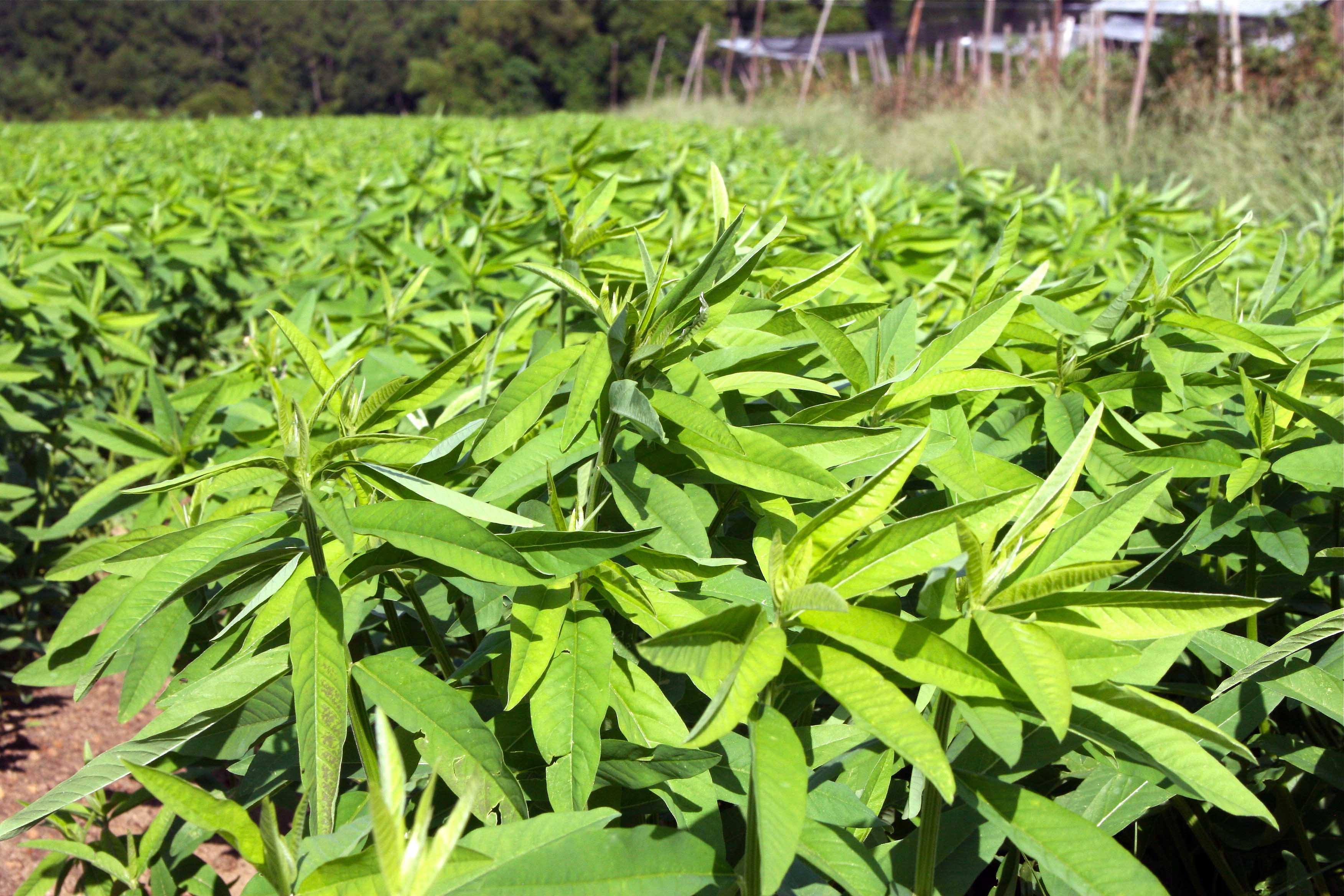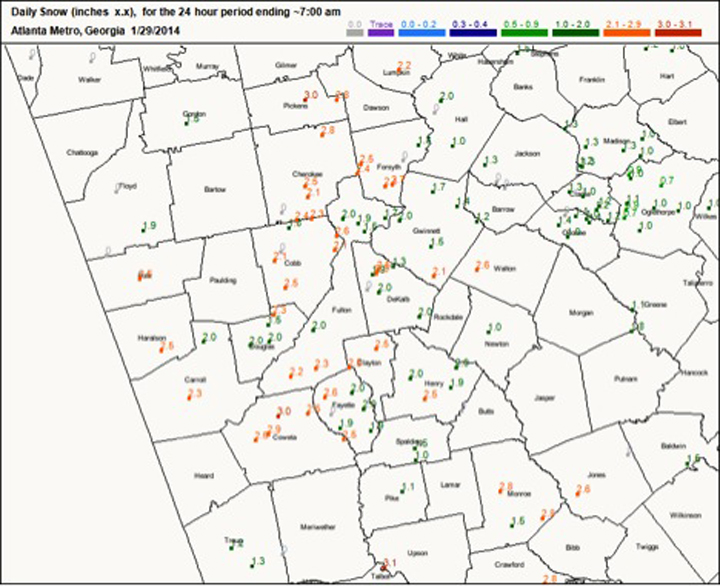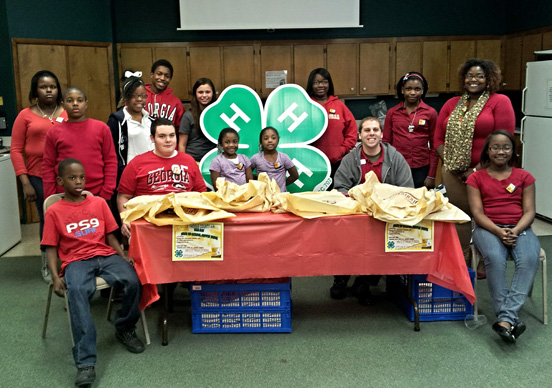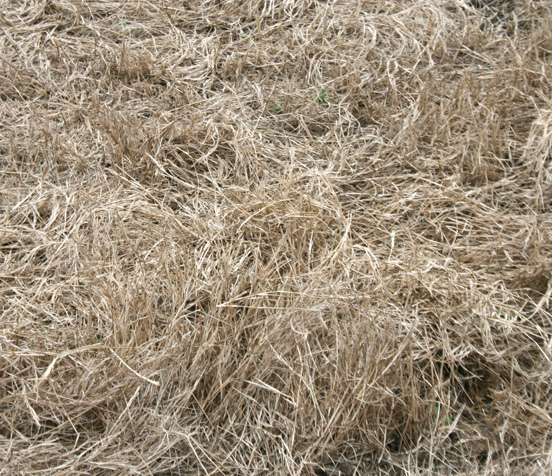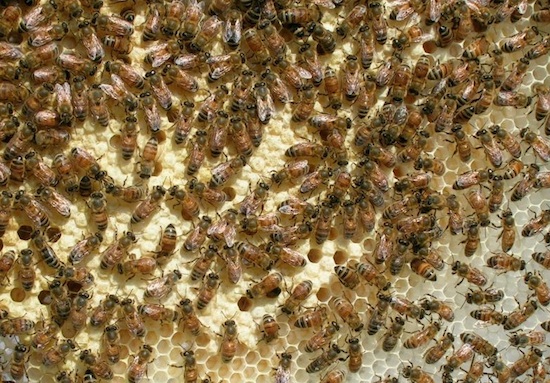 CAES News
CAES News
Southwest Georgia Beekeepers Club presents bee school
The Southwest Georgia Beekeepers Club will hold a bee school on March 29 from 8:30 a.m. until 3 p.m. at the Parks at Chehaw in Albany, Ga.


